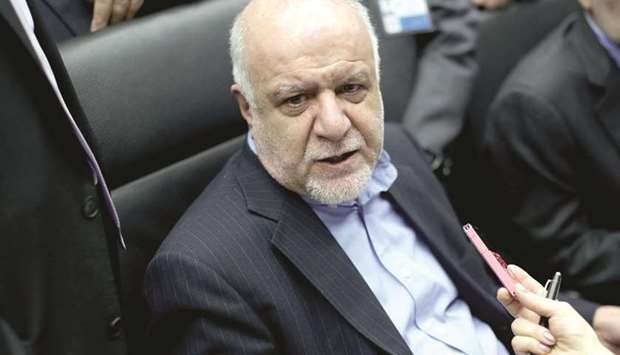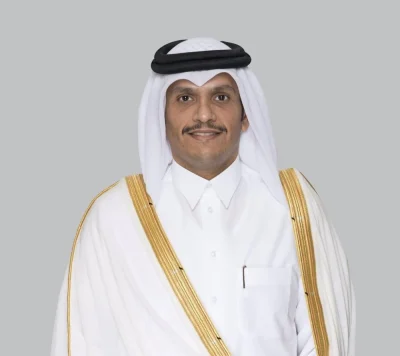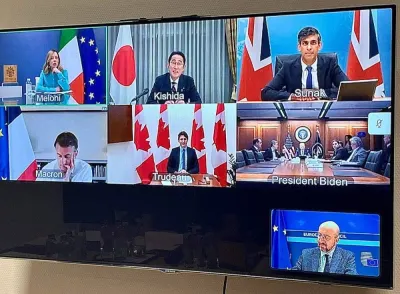The Gulf crude exporter warned that any breach of Opec’s oil production ceiling will hurt the effectiveness of the organisation, and urged strict adherence to the caps.
It reminded Saudi Arabia’s oil minister that a monitoring committee set up by the group isn’t authorised to interpret Opec decisions, and told the US its efforts to cut off Iranian exports isn’t “viable.”
Output by some member countries in June was “far above” their original commitment and a violation of that agreement, Iran Oil Minister Bijan Namdar Zanganeh said in a letter to Opec President Suhail al-Mazrouei, according to the oil ministry’s news service Shana. He didn’t identify those countries. Opec and allies agreed last month to increase production to levels assigned in late 2016, effective this month.
“We are concerned that this violation may continue” for the rest of the agreement “and turn into a routine practice,” Zanganeh said.
US President Donald Trump is pressing Saudi Arabia, Iran’s regional arch-rival, and some other Opec members to fill in any supply gap that will arise when US sanctions curtail Iranian crude exports. Iranian flows could be slashed in half once American sanctions take effect on November 4, according to the International Energy Agency. The country ships about 2.5mn barrels a day.
“Trump is making a lot of statements these days, [but] this claim and effort on blocking or cutting to zero the export of Iran’s oil isn’t viable at all,” Iran’s foreign ministry spokesman Bahram Ghasemi said, according to Shana. Iran “will use all of our options to defuse the US plots.”
Oil retreated below $70 a barrel as more supply comes to the market. Saudi Arabia offered additional cargoes of its Arab Extra Light crude to at least two buyers in Asia for August, people with knowledge of the matter said, after supplying full contractual volumes to customers in the region.
Meanwhile, the US government is said to be mulling the release of oil from the nation’s 660mn-barrel Strategic Petroleum Reserve.
“In case the Opec member countries do not fully adhere to their commitments, the effectiveness of this organisation as the only developing countries’ intergovernmental organisation with almost sixty years of history, will be gradually eroded,” Zanganeh said in the letter. “Responsibility of this would lay with those member countries violating their commitments.”
In a separate letter to Saudi Arabia’s energy minister Khalid al-Falih, Zanganeh said the latest Opec decision doesn’t alter the scope of responsibilities of the joint ministerial committee in charge of monitoring the agreement. The committee, which al-Falih chairs, should “monitor and report production, and conformity levels of countries to their commitments for each country individually and one by one,” Zanganeh said in the letter.
Zanganeh’s comments follow last week’s message from Iran’s representative to the Organisation of Petroleum Exporting Countries, urging Trump not to use the nation’s stockpile of oil to push prices lower, and instead drop sanctions on Iran’s crude exports.



